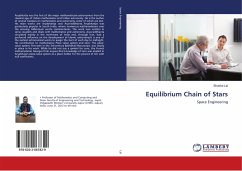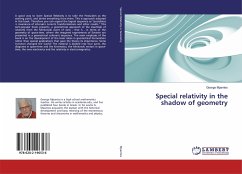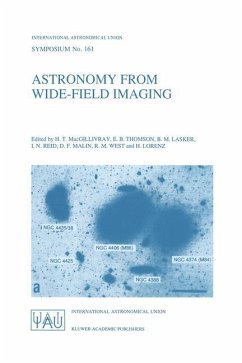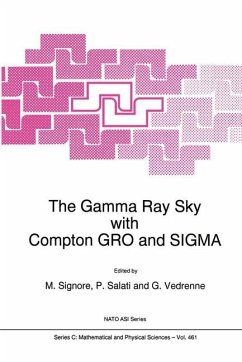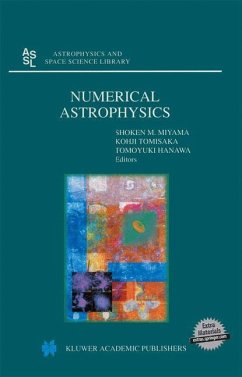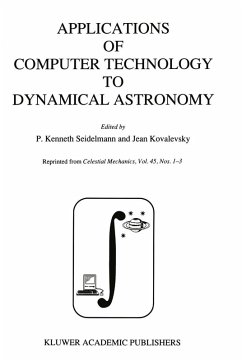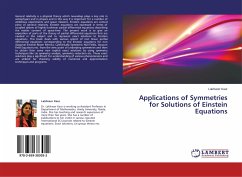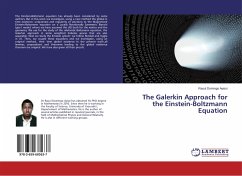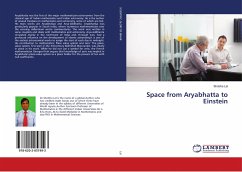
Space from Aryabhatta to Einstein
Versandkostenfrei!
Versandfertig in 6-10 Tagen
51,99 €
inkl. MwSt.

PAYBACK Punkte
26 °P sammeln!
Aryabhatta was the first of the major mathematician-astronomers from the classical age of Indian mathematics and Indian astronomy. He is the author of several treatises on mathematics and astronomy, some of which are lost. His main works are Aryabhatiya and Arya-siddhanta. Aryabhatiya was particularly popular in South India, where numerous mathematicians over the ensuing millennium wrote commentaries. The work was written in verse couplets and deals with mathematics and astronomy. Arya-siddhanta circulated mainly in the northwest of India and, through Iran, had a profound influence on the deve...
Aryabhatta was the first of the major mathematician-astronomers from the classical age of Indian mathematics and Indian astronomy. He is the author of several treatises on mathematics and astronomy, some of which are lost. His main works are Aryabhatiya and Arya-siddhanta. Aryabhatiya was particularly popular in South India, where numerous mathematicians over the ensuing millennium wrote commentaries. The work was written in verse couplets and deals with mathematics and astronomy. Arya-siddhanta circulated mainly in the northwest of India and, through Iran, had a profound influence on the development of Islamic astronomy.It is one of the earliest astronomical works to assign the start of each day to midnight. His contribution to mathematics: Place value system and zero: The place-value system, first seen in the 3rd-century Bakhshali Manuscript, was clearly in place in his work. While he did not use a symbol for zero, the French mathematician Georges Ifrah argues that knowledge ofzero was implicit in Aryabhata's place-value system as a place holder for the powers of ten with null coefficients.



